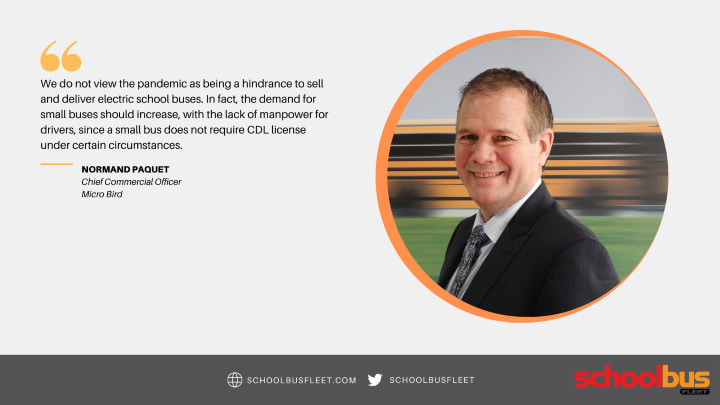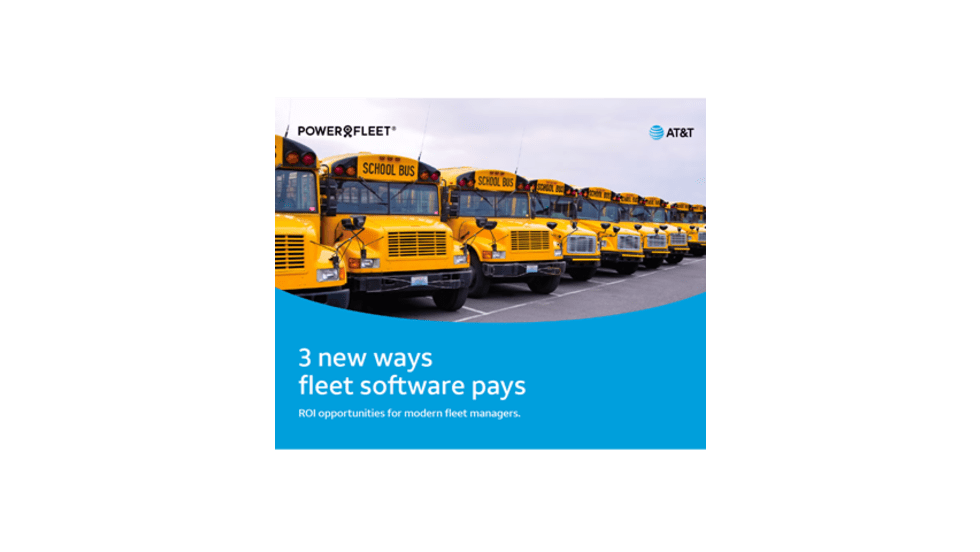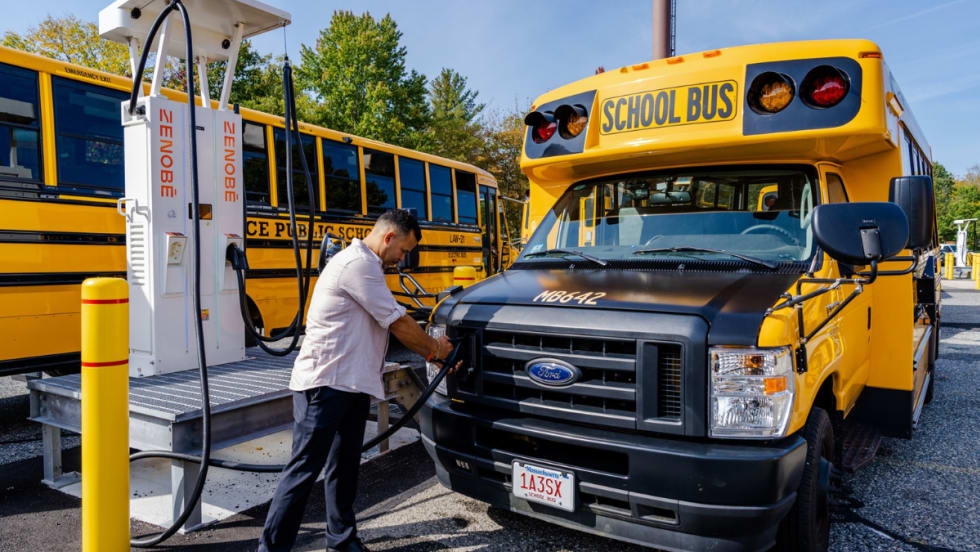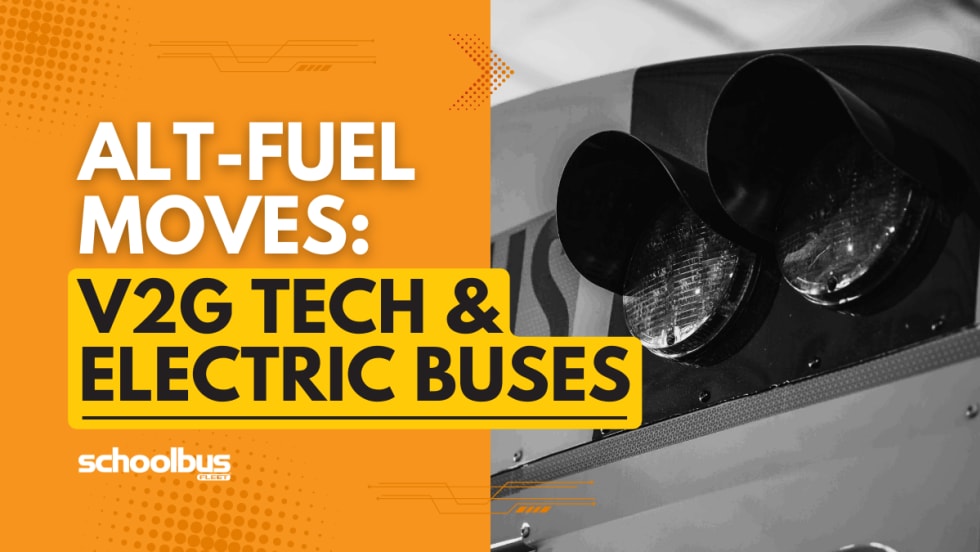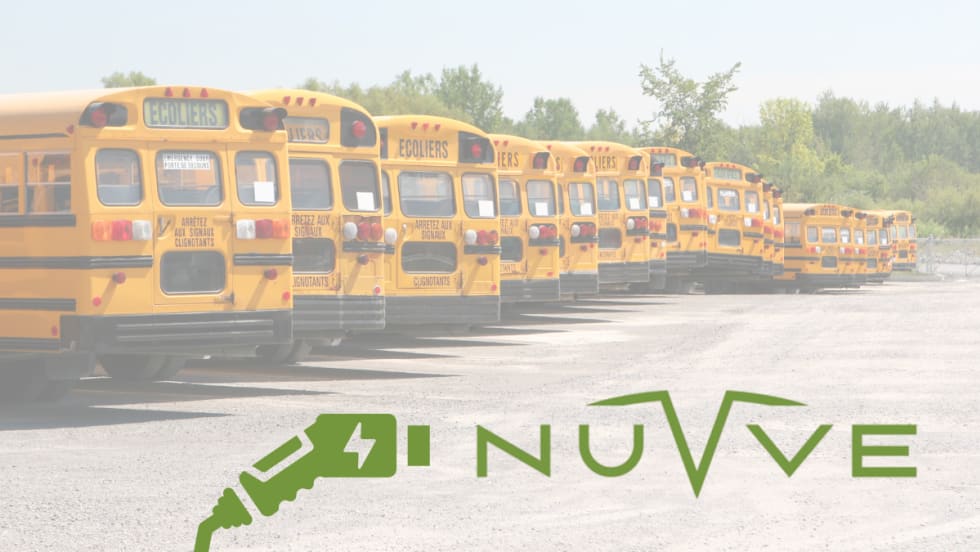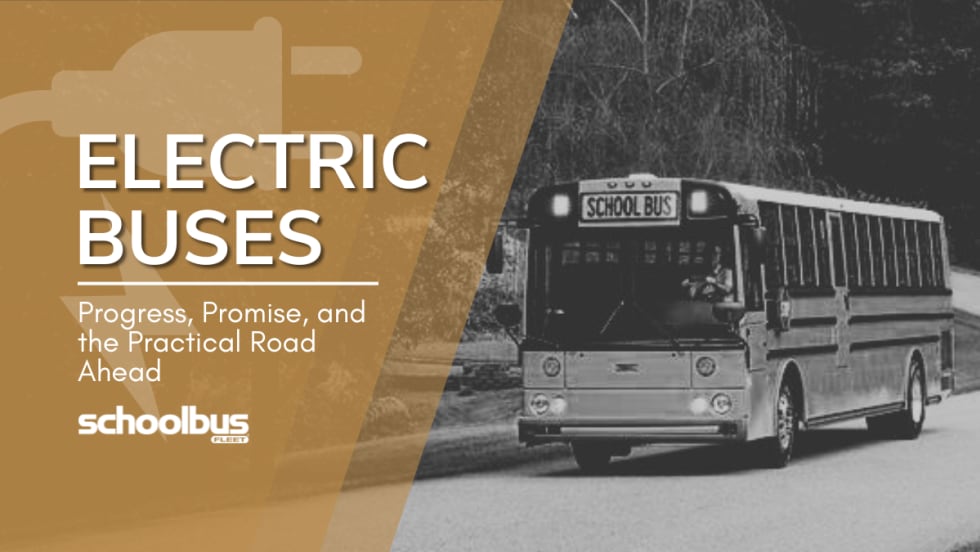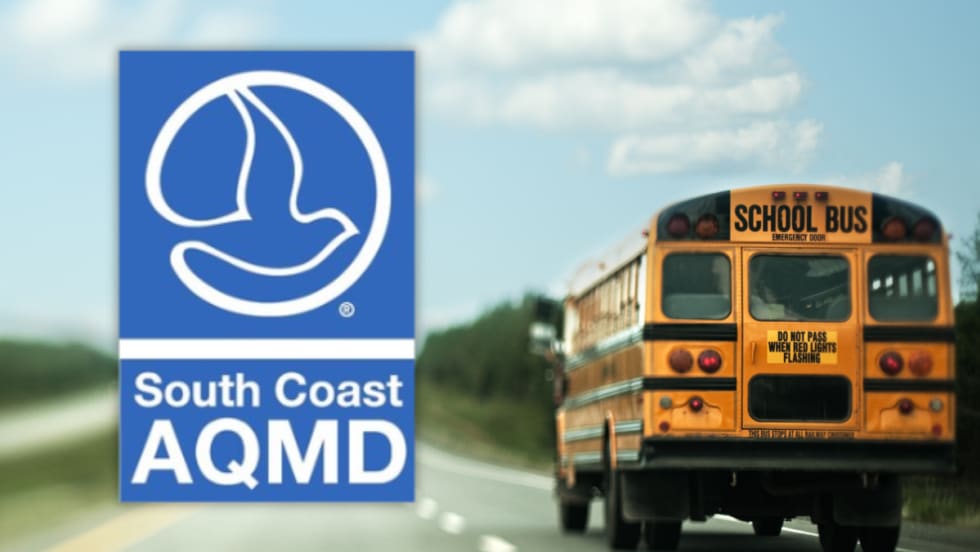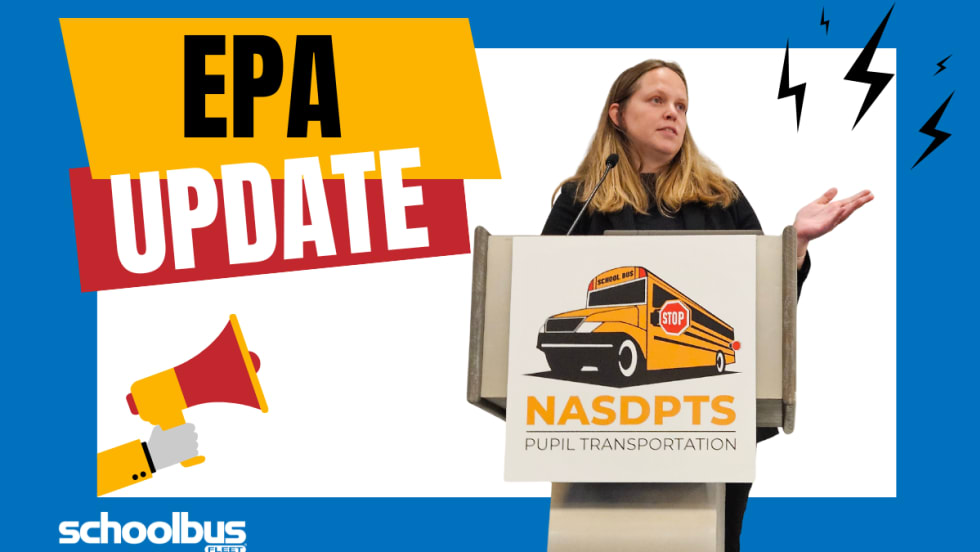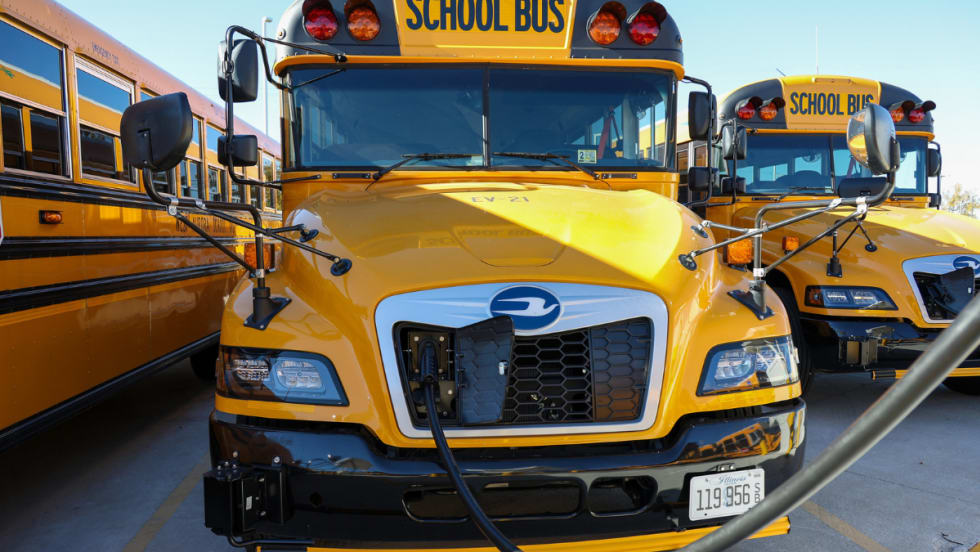From building new factories to pushing to reclaim momentum lost during the pandemic shutdown of 2020, electric school bus manufacturers are rolling forward with ambitions to make their vehicles more accessible and affordable.
Those ambitions could get a boost thanks to the federal government in August passing bipartisan infrastructure legislation, which includes billions of dollars for electric and low-emission school buses.
School Bus Fleet asked several manufacturers to give their forecasts for the coming year as we emerge from the COVID-19 pandemic:
Patrick Gervais (The Lion Electric Co.)
Chris Hiebert (Collins Bus)
Normand Paquet (Micro Bird)
Trish Reed (IC Bus)
Jed Routh (Thomas Built Buses)
Trevor Rudderham (Blue Bird)
Ryne Shetterly (GreenPower)
How would you assess school bus industry market conditions for 2022?
Normand Paquet: Better market demand in 2022 vs. 2021; reduced Ford and GM chassis allocations represent a challenge factor to limit possible deliveries in 2022 for Type A buses.
What kind of feedback has your company received at demonstrations/deployments of its electric bus?
Paquet: Our G5 Electric, try it and you'll adopt it! Our product is number one in the market for many reasons; low maintenance costs, vehicle-to-grid technology, live telematics, our unique 2-speed transmission, only to name a few. Micro Bird is well positioned to demystify the electrification of fleets, with informative sessions and training programs for dealers, school districts, and fleet operators.
In August, the U.S. Senate passed the bipartisan Infrastructure Investment and Jobs Act, which includes $5 billion for electric and low-emissions school buses. How do you think the increase in funding will impact the transition to zero-emission/electric buses for school transportation?
Paquet: It will have a positive influence for the areas that have the desire and intention to go in that direction. Although, it will not do much for the areas demonstrating resistance to change for different reasons.
With more funding available comes an increase in demand. How is your company working to meet the increasing demand for zero-emissions/electric buses?
Paquet: Micro Bird demonstrates its clear position with the recent acquisition of Ecotuned Technologies. We are currently the leader in electrification and technologies in the Type-A market in North America and we intend to stay that way.
What lasting impacts do you think the COVID-19 pandemic will have on the manufacturing side of school transportation? Particularly for electric school buses?
Paquet: We do not view the pandemic as being a hindrance to sell and deliver electric school buses. In fact, the demand for small buses should increase, with the lack of manpower for drivers, since a small bus does not require CDL license under certain circumstances. Type-A buses are opening the avenue to confront future crisis in the industry's workforce and ability to hire and retain drivers.
How is your company addressing performance concerns, such as surmounting hilly terrain and coping with cold weather impacts on batteries and regenerative braking?
Paquet: Micro Bird and Ecotuned Technologies always demonstrated superior performance by surpassing the competition after doing demo comparisons between different Type A available in the school bus industry from hilly terrain to autonomy to overall performance.
What other kinds of changes or new developments do you see in the coming years for the industry?
Paquet: We believe security with driver assist options and automated vehicles is the next big step in the industry.
Are there any new developments at your company that you would like to share?
Paquet: Micro Bird is already in first position in electric bus in North America. Rest assured our reputation for innovation has always been our mission.
As announced last summer, the acquisition of Ecotuned Technologies powering Micro Bird electric buses is one more example of our leadership position.
Doubling the size of our assembly plant in 2021 for more capacity to meet our growing market is another example of our commitment to the market. 2022 will also bring new announcements, stay tuned.




